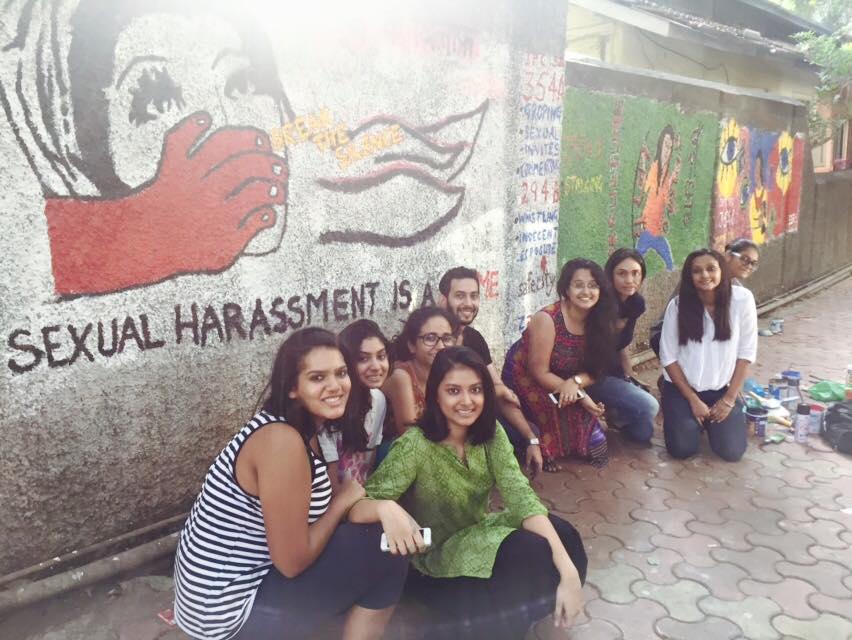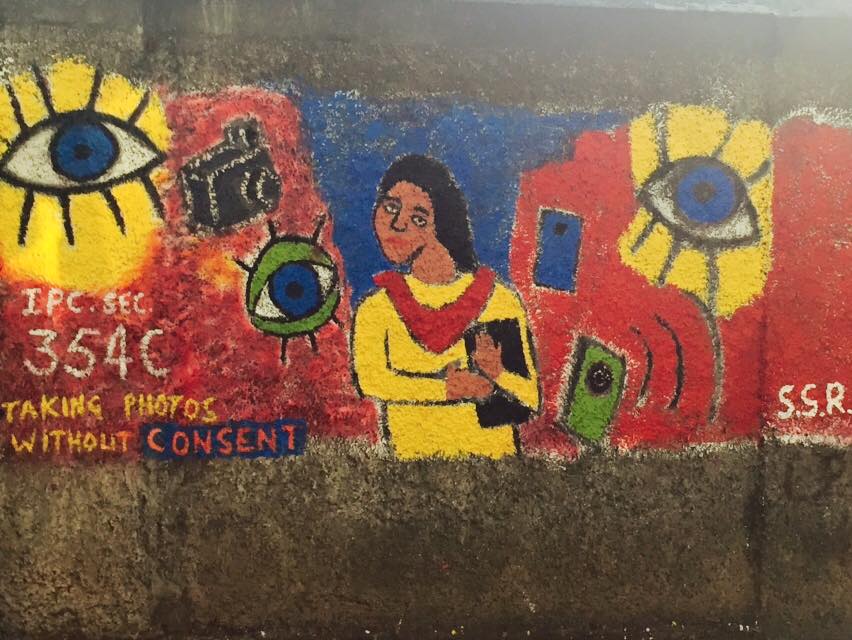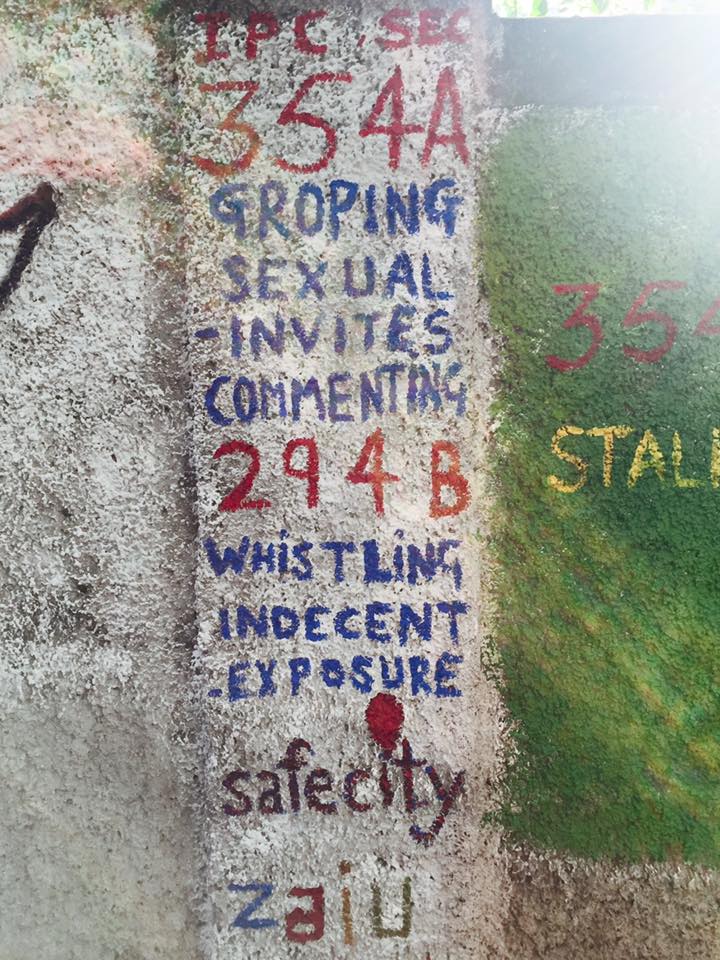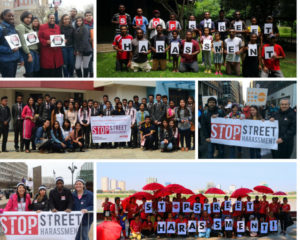 Experiences from India to the US: Prevention, Allyship & Community Accountability
Experiences from India to the US: Prevention, Allyship & Community Accountability
This Sunday, April 7th, marked the beginning of the 9th Annual Anti-Street Harassment Week (7-13 April, 2019) hosted and organized by Stop Street Harassment (SSH). Being a SSH blog correspondent in the past and a proud volunteer and advocate of Stop Street Harassment, I feel honored to contribute my experiences and insights to this important movement to prevent and end street harassment across the globe.
I was born and raised in the city of Mumbai, India, and I have been living in the US for the past 15 years. I identify as a cisgender woman, first-generation immigrant from India, of Hindu ethnicity, and my pronouns are she/her/hers.
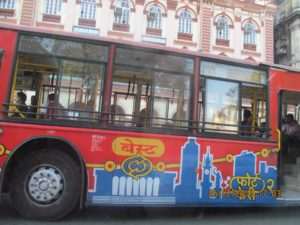
Recently, I was in India for several weeks and street harassment was sadly part of that experience. In fact, every time I visit my family in India, I can’t help but tense up over the “possibility” of being groped, touched, teased, or catcalled by men we encounter in public spaces because of what I have experienced there in the past. When I was in middle school, when an uncle laughingly told me, “consider it [being harassed] as a compliment.”
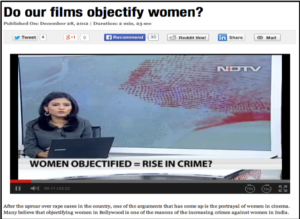
When as a young girl, I received such dismissing and trivializing responses (intentional or unintentional) from the community, my experiences of feeling violated are “normalized.” Further, when this is combined with toxic, unhealthy, glamorized and romanticized examples of street harassment, non-consensual contact and touching, and “romantic” aggressive love conveyed through popular culture, namely Bollywood Indian cinema—it was very easy to fall into the sinkhole wanting to believe in the “normalized,” “romanticized”, and “glamorized” notions about street harassment and sexual violence.
What traumatized me while growing up in India was also a lack of concept of physical and emotional space, setting boundaries, getting consent or asking permission, especially during Indian festivals such as the festival of color, Holi, is an alien concept. These spaces shared with our family and friends or with our neighbors and communities are intended to be safe and to enjoy the festivities without worrying about feeling violated, groped, touched and unpleasant.
Now, I am perceived as a party pooper when I am asked to join Holi celebrations here in the diaspora, but many don’t realize how it can be triggering and traumatizing to those who have been harassed and experienced sexual violence in these festive community spaces. I recognize that although not all Indian festivities especially Holi may be unsafe & unpleasant or/and not everyone who celebrates may have experienced these unwanted behaviors from others, we need to acknowledge and recognize that religious and community festivals such as these are often used as avenues for exerting power and control through harassment. To look out for one another and intervening when someone is feeling uncomfortable, or incoherent, unconscious or is saying no but is still being harassed or coerced, are essential steps we as allies can do to prevent this from happening in the first place.
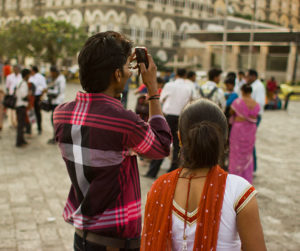
In my recent trip to India, I was disheartened overhearing a group of young college students in the train sharing their stories of how they and their respective partners were harassed, policed, questioned, and threatened by local police officers for loitering and spending time in public spaces such as a public park or bus stop or the promenade. These girls and women were frightened and traumatized with the police misuse of power and control. The questioning and moral policing targeted at the girls is based in sexism, patriarchal notions of sexuality and pre-marital relationships, and lack of belief in women’s autonomy.
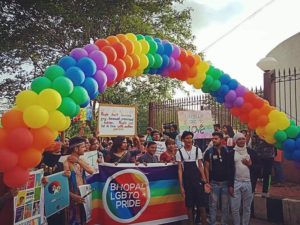
Even after the overturn of Section 377 in India which was used to criminalize homosexual relationships– LGBTQ-identified folks including the hijra community continue to be harassed and assaulted by police officers in their custody. So now, in addition to figuring out how to not get harassed and catcalled, vulnerable groups such as young girls and women, LGBTQI, and also individuals with disabilities all across the world also have to take extra steps to make sure they are not targeted by authorities and the state.
We have to acknowledge the prevalence of sexism, racism, homophobia, Islamophobia, xenophobia, ableism and other intersectional forms of oppression before we tackle street harassment in public spaces and sexual violence.
A lot of my points above may overlap with a blog on SSH I had written in 2015, but I feel we need to have these conversations of how to be an ally and bystander with our family and friends- no matter how uncomfortable it may be! We have to be mindful of not to publicly out other possible survivors who may have disclosed their experiences to us or force folks to share their stories. Learning to respect victims/survivors’ decision of sharing their stories and their way of healing is a must.
Also, what about our individual responsibility and collective accountability to address prevalence of street harassment and create safe, inclusive, accessible, and supportive public spaces shared by all?
Shouldn’t we all want to envision such a beautiful, safe, harassment-free space for our children and youth?
The younger and future generations must be able to focus on their education, employment, good quality of life and health without the hassle. In the movement to prevent and end all forms of gender violence across all identities, it is absolutely crucial that the responsibility of prevention must not come solely on the shoulders of the marginalized and vulnerable groups especially survivors at the expense of their mental, physical, and psychological health.
Last but not the least, I want to underline the importance of how this post is not just about experiencing street harassment growing up in India or that this problem exists only in South Asian or “developing countries” as perceived by western countries. For instance, the 2018 SSH study indicates street harassment is highly prevalent in the US. Unfortunately, street harassment is a worldwide problem, a human rights violation, and a public health epidemic affecting all. It needs to be given urgent attention in terms of prevention, intervention, accessible resources, and survivor-centered and trauma-informed support.


